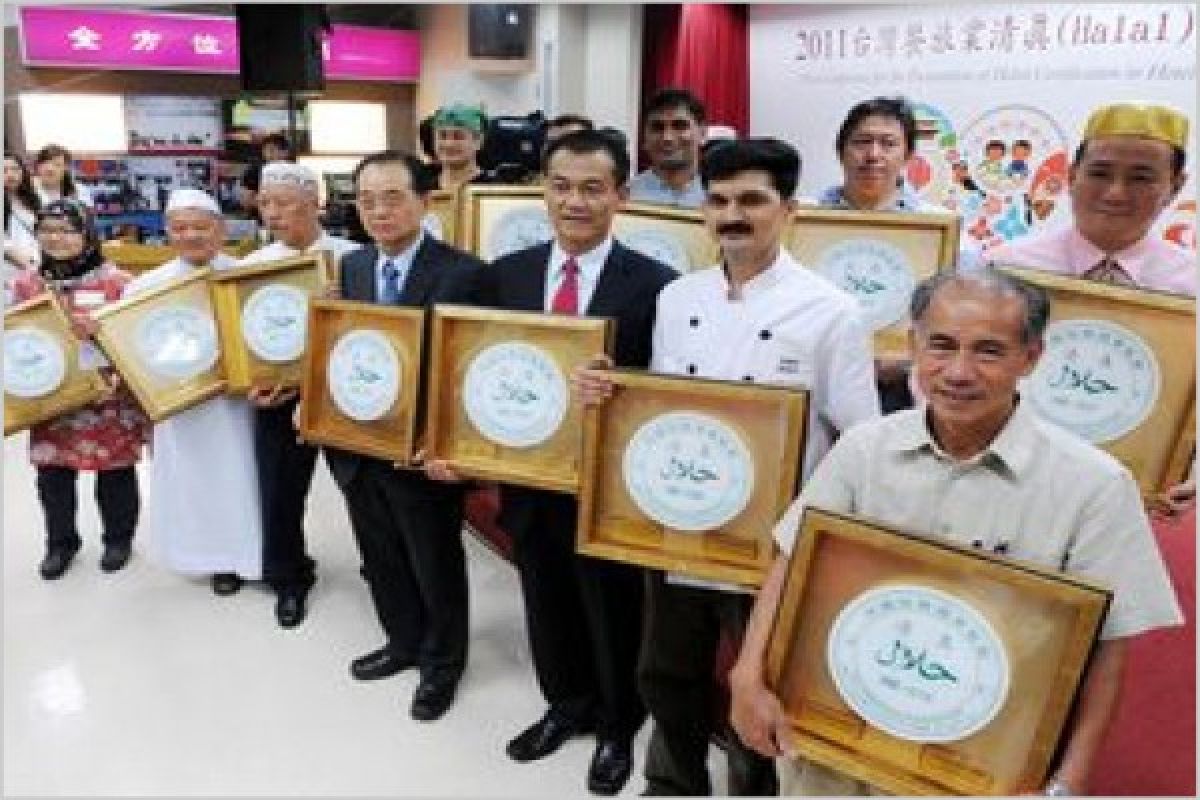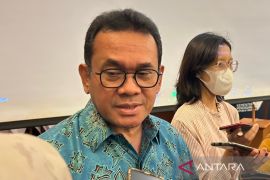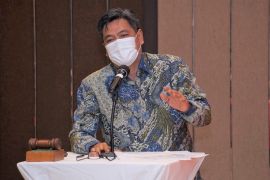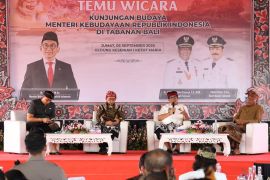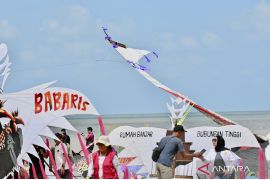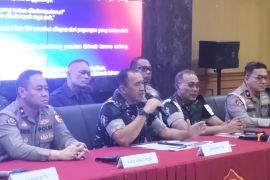"Muslim tourists are an important part of the global travel market."Taipei (ANTARA News/CNA) Sixteen restaurants around Taiwan were given Halal certification Monday, which identifies them as trustworthy establishments that serve food in compliance with Islamic dietary law.
The granting of the certificates at a ceremony in Taipei was part of Taiwan`s efforts to attract more Muslim tourists in a bid to expand its tourism.
The certificates were issued by the Tourism Bureau, in collaboration with the Taipei-based Chinese Muslim Association, to restaurants in Taipei, New Taipei, Taoyuan, Taichung, Tainan, Hualien and Taitung.
This brings to 31 the number of restaurants throughout the country that are now certified as Halal or Muslim friendly restaurants, which means do not serve certain foods such as pork or wine that are not permissible under Islamic law, according to the association.
The certified restaurants offer a wide range of food, including Indian, Thai and Turkish and Egyptian cuisine.
Liu Hsi-lin, deputy director-general of the bureau, said at the ceremony that people from different countries and of different religions will have different needs.
The key to developing Taiwan`s tourism is to show respect for these diverse needs, Liu said.
With Taiwan aiming to attract more Muslim tourists from countries such as Malaysia, Indonesia and Singapore, it is important to create a friendly environment for them and "make them feel at home," he said.
To this end, Liu said, the bureau has been working with the Chinese Muslim Association to help the local tourist industry cater to the needs of Muslim visitors.
"Muslim tourists are an important part of the global travel market," he said, noting that Muslims make up 20 percent of the world`s total population.
Salahuding Ma, secretary-general of the association, said at the ceremony that tour guides also play a major role in helping to expand the Muslim travel market.
To help promote Taiwan as a travel destination for Muslim tourists, the association has been training tour guides and producing travel brochures specifically for Muslims, Ma added.
"By doing so, we hope to help not only to increase the number of tourists but also enhance the quality of tourism," he said.
(U.M016)
Editor: Priyambodo RH
Copyright © ANTARA 2013
